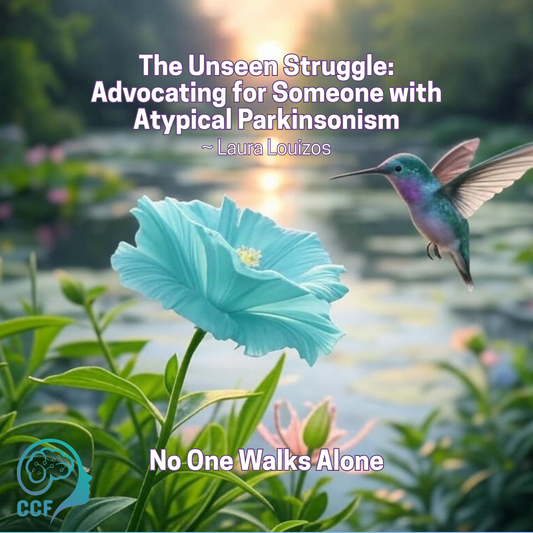Short answer; It is very uncommon but not impossible.
Here is a great article about it by NIH.
Published and Last updated: 1/29/2016 by NIH- rare diseases.
Progressive supranuclear palsy (PSP) is usually a sporadic condition (not inherited), occurring in people with no family history of PSP. However, in more recent years it has been found that in rare cases, PSP is familial. It has also been found that some people with PSP have close relatives with dementia or parkinsonism.
Cases of familial PSP caused by a mutation in the MAPT gene have been reported. MAPT mutations are also known to be responsible for other familial tauopathies. Currently, the proportion of people with PSP who have a MAPT mutation is unknown.
PSP caused by MAPT mutations is inherited in an autosomal dominant manner. This means that having a mutation in only one copy of the gene in each cell is enough to cause features of the condition. In some cases, an affected person inherits the mutated gene from an affected parent. In other cases, the mutation occurs for the first time in a person with no family history of the condition. This is called a de novo mutation.
When a person with a mutation causing an autosomal dominant condition has children, each child has a 50% (1 in 2) chance to inherit that mutation.
While other locations on chromosomes have been linked to familial PSP, to our knowledge, no other causative genes have been identified. There may also be genes (including MAPT) in which "variants" increase a person's risk to develop PSP. In these cases, the condition itself is not inherited, but a predisposition to developing PSP or a related condition may be inherited.
Because there are likely unidentified genetic causes of PSP, if the genetic cause in a family is unknown, we cannot estimate the likelihood that PSP might recur. Our understanding of the genetics of PSP is expanding, and studies are ongoing.
People with a personal or family history of PSP with questions about recurrence risks or genetic testing are encouraged to speak with a genetics professional.


 Donate
Donate



